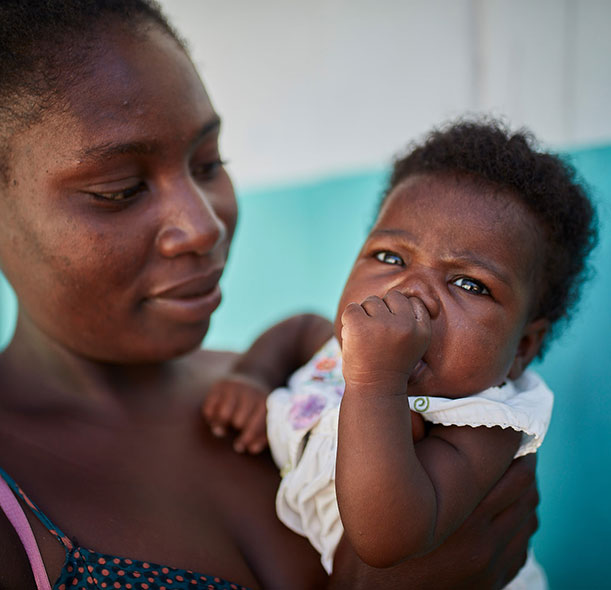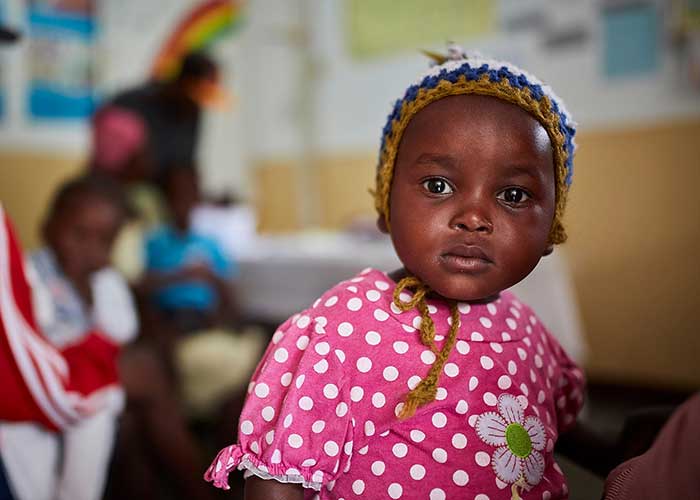The deadly combination of an earthquake and tropical storm in Haiti has killed more than 1,900, injured countless others and impacted an estimated 1.2 million people, almost half of whom are children. Many need emergency assistance.
“What I am seeing on the ground is alarming and there is an urgent need to save lives. Thousands of homes and buildings, including medical facilities, churches, and schools were destroyed by the earthquake, and now the ruins and remaining buildings are threatened by the tropical storm,” says Roseval Supreme, Action Against Hunger’s Country Director in Haiti, who is currently helping to assess needs in the affected region.
Action Against Hunger’s emergency response will prioritise access to clean water and sanitation to prevent disease outbreaks and the distribution of life-saving food assistance, hygiene kits, and other supplies for the most vulnerable people. The aid organisation will also provide mental health support for community members and frontline workers – many of whom are reliving the trauma they experienced during the 2010 earthquake.
“As a Haitian and a leader of a humanitarian and development organisation that has worked in Haiti for more than 35 years, I worry for my fellow citizens,” said Supreme. “We have been hit by one crisis after another, and I fear that we are reaching a breaking point. The world cannot turn its back on Haiti.”
The country faces tremendous challenges, including 4.4 million people who are struggling with hunger due to inflation, unemployment, political unrest, persistent drought, the direct and indirect effects of Covid-19 – and now the impact of another earthquake and storm.
“We know from more than 40 years of experience that helping communities through a disaster isn’t just about the immediate response, but long-term recovery efforts,” said Dr. Charles E. Owubah, CEO of Action Against Hunger USA. “We need partnership and support more than ever.”
Action Against Hunger UK has launched an emergency appeal to support 300,000 people with nutrition, water, sanitation, and mental health services in the hardest-hit communities.



